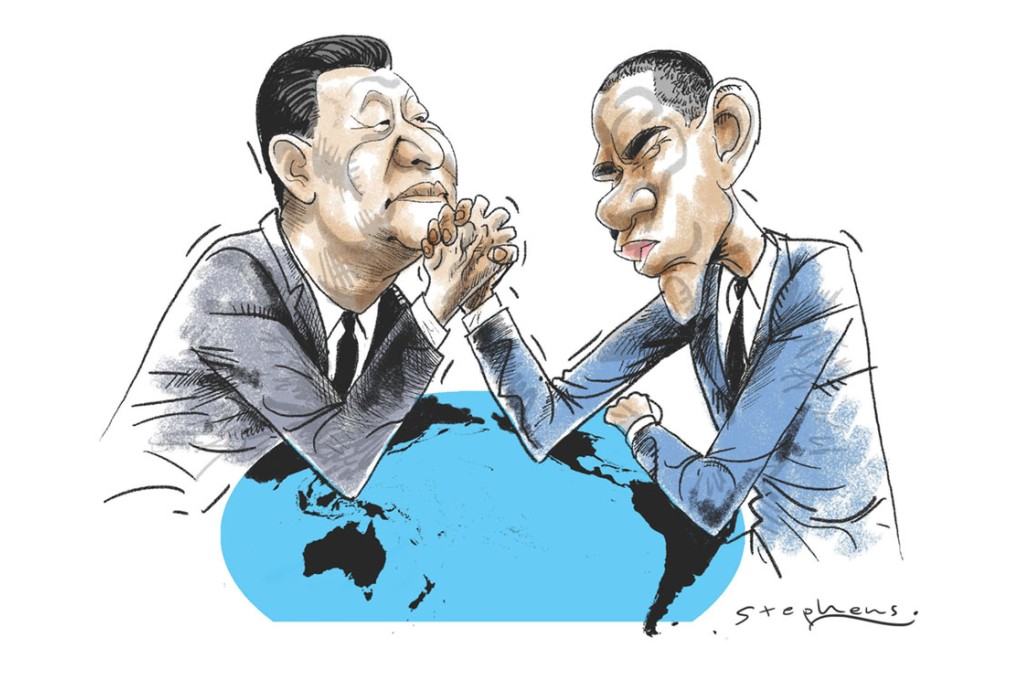China's proposed free-trade pact puts pressure on US to conclude TPP
Andrew Hammond says Sino-US rivalry is set to intensify as both push their favoured trade pact in a bid to shape the regional order. For Obama, with elections in 2016, time is running out

In their final communiqué at this week's summit in Beijing, Apec's 21 members agreed on a two-year study to look into the feasibility of establishing a Free Trade Area of the Asia-Pacific. The move has been welcomed by President Xi Jinping as a "historic" decision.
The idea of an Asia-Pacific free trade area has been debated since at least 2004, but assumed new importance for Beijing after Washington began to champion the Trans-Pacific Partnership (TPP).
According to Xi, the free trade area will provide a greater economic boost than the TPP, and he encouraged Apec nations to "vigorously promote" it, "setting the goal, direction and road map and turn the vision into reality as soon as possible".
While Xi has said that the free trade area does not "go against existing free trade arrangements", at the heart of the debate on this issue are the contrasting US and Chinese visions to shape the regional order and cement their influence in it. And Beijing's push for the Asia-Pacific pact thus provides an alternative model for future regional economic integration to that of Washington.
From China's perspective, the Asia-Pacific pact would be much more conducive to its national interests (not least because Beijing would be part of the new economic agreement, unlike the TPP, from which it is excluded) by creating an integrated free trade area with China potentially at the centre.
Beijing hopes that this economic community could ultimately evolve into a broader regional cooperation blueprint in areas like transport - from air traffic to highways and rail.